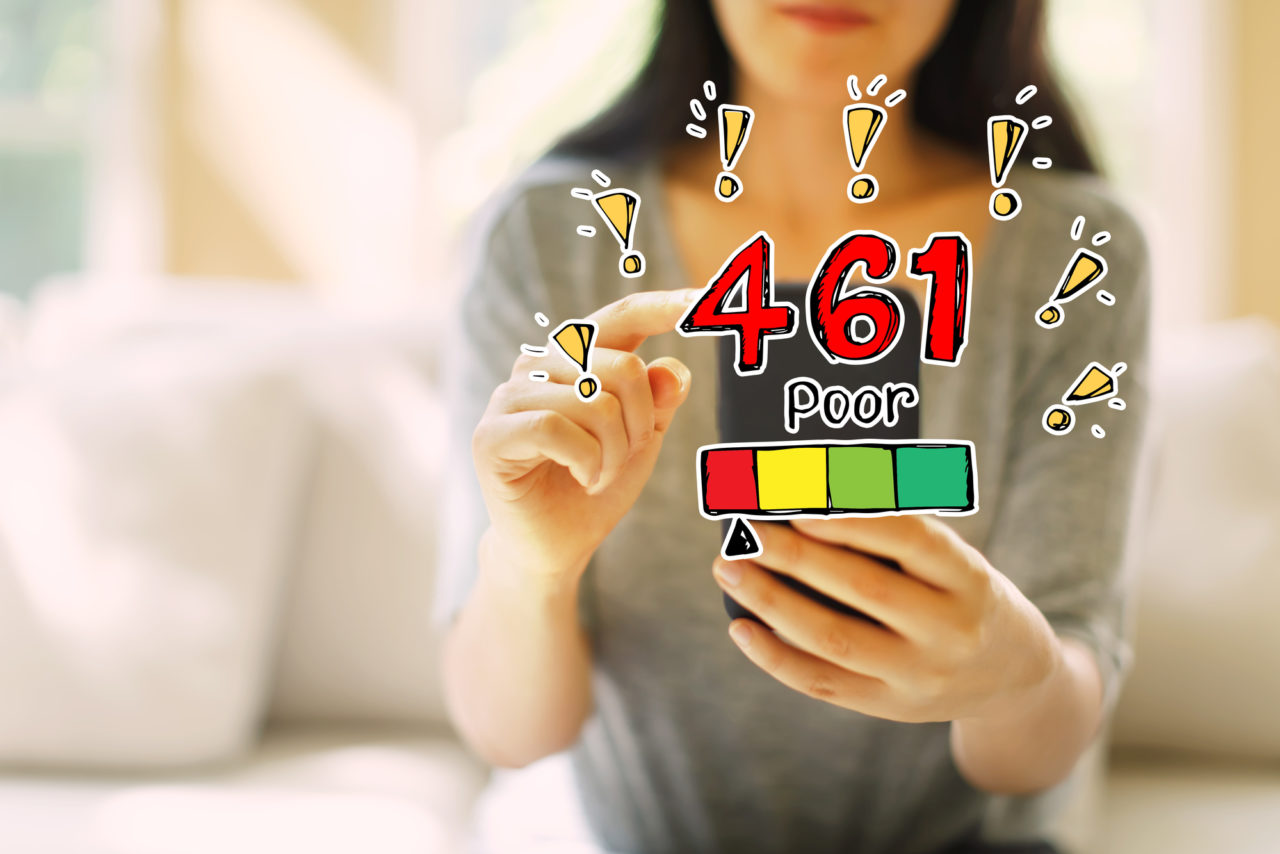How Your Credit Score Affects Your Loan

You may already know that when applying for any type of loan, the lender will automatically check your credit score to see how high or low it is. You might also already be aware that your credit score directly affects your chances of being eligible for taking out a loan in the first place. What you may not know, however, is that even if you are accepted for a loan, your credit score can actually affect the terms of that loan.
When applying for a loan, particularly a small business loan, the lender will look at a few different things. This includes a year’s worth of bank statements, the time you’ve been in business, your last year’s tax return, and your credit score. Assuming you have all of these documents and they can prove that you are making money, your debts don’t outweigh your revenues, and you don’t have anything suspicious going on, you will most likely be accepted to take out a loan.
However, just because you were granted the loan, the terms of that loan will look different for everyone, depending on his or her credit score. If you have a low credit score, this tells the lender that you are not punctual in repaying your debts, or maybe that you haven’t been able to raise the money to pay them back by the correct due date. Assuming the lender is willing to give you the loan, despite a lower credit score, you can expect the following things to look different from a lendee with a higher credit score:
1. Payment Terms
If you have proven, by the looks of your low credit score, that it takes you a very long time to pay back your debts, the lendee will most likely shorten the timeframe you have in which to pay the loan back. This is mostly because the lendee wants to put himself and his money “at risk” for as little time possible. With a higher score, you have gained more of the lender’s trust, and he will, therefore, most likely be willing to part with his monet for longer, as he feels he is sure that it will be paid back without issue.
2. Interest Rate
Just like with the length of your payment terms, your interest rate will most likely be much higher with a low credit score. The lender will charge you a higher premium to use his money because you have not proven trustworthy enough in the past. You can probably expect your interest rate to be a few percentage points higher than lendees with a lower score, because the lender is giving you funds with a greater risk to him.
Ready to start reaching your business goals? Check out Onebox Funding for a FREE quote, today!

